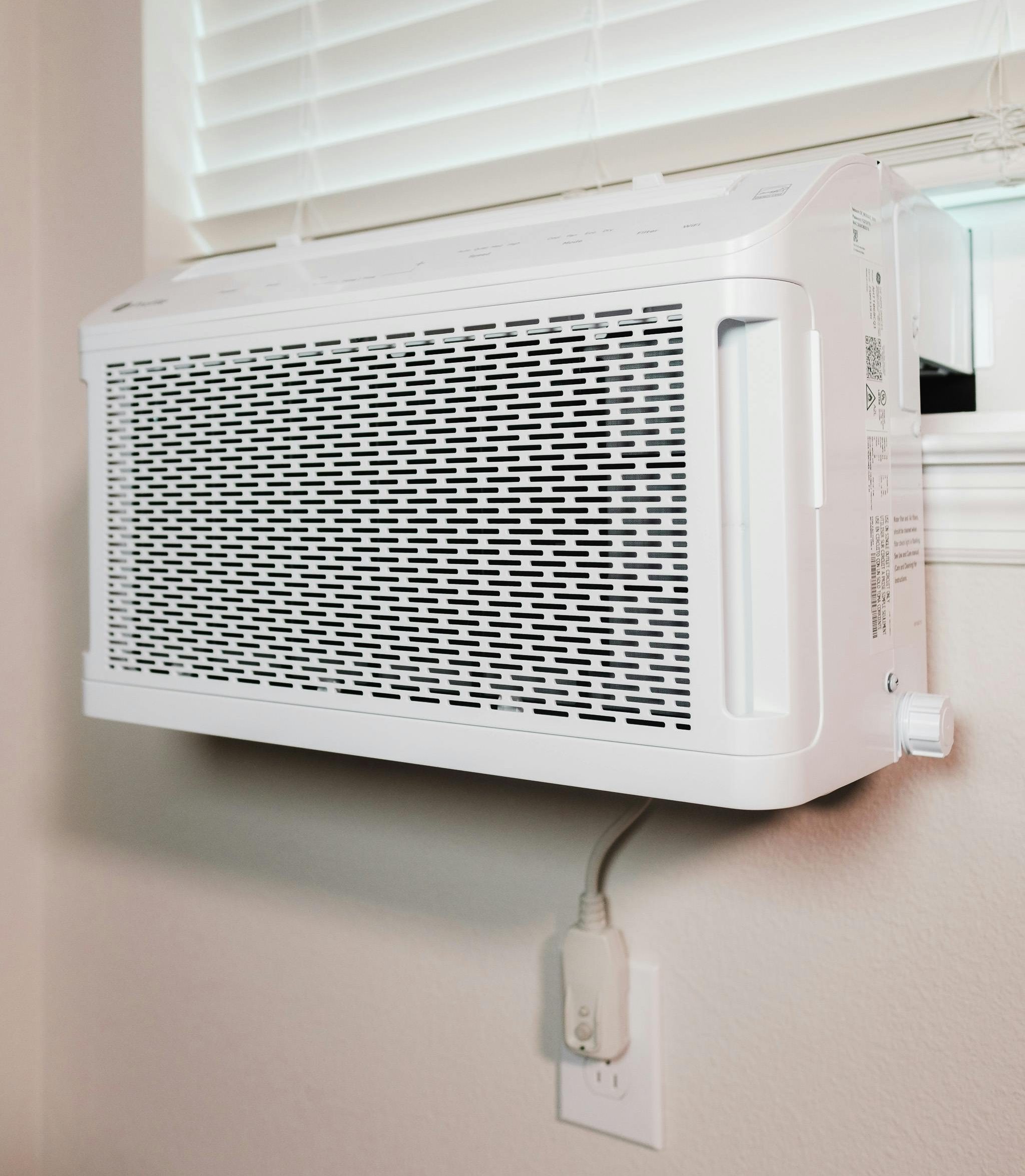
Visit Our Homepage | Book Online | Learn More About Us
Your HVAC system does more than regulate temperature—it also plays a crucial role in maintaining indoor air quality (IAQ). Whether you’re looking to improve your home’s air quality or schedule regular maintenance, visit our online booking page for quick and easy service.
How HVAC Filters Improve Air Quality
HVAC filters are the first line of defense in removing contaminants from the air. As your system circulates air through your home, the filter captures particles such as dust, pet dander, mold spores, and even bacteria. This prevents these contaminants from being recirculated, helping to keep the air in your home clean and safe to breathe.
The effectiveness of a filter is measured by its Minimum Efficiency Reporting Value (MERV) rating. Higher MERV ratings indicate the ability to trap smaller particles, but they may also reduce airflow if not properly matched to your system.
Types of HVAC Filters
There are several types of HVAC filters to choose from, depending on your needs:
- Fiberglass filters: The most basic and inexpensive option, but they only trap large particles like dust and lint. They are not suitable for improving air quality.
- Pleated filters: Made of polyester or cotton, these filters are more efficient than fiberglass and can capture smaller particles.
- HEPA filters: High-Efficiency Particulate Air filters remove up to 99.97% of particles, including allergens and bacteria. They are ideal for people with respiratory issues or allergies.
- Electrostatic filters: These use static electricity to capture particles and can be washed and reused.
When to Replace Your HVAC Filter
Replacing your HVAC filter regularly is critical for maintaining both air quality and system efficiency. Over time, filters become clogged with debris, reducing airflow and making your system work harder to circulate air. As a general rule:
- Fiberglass filters should be replaced every 30 days.
- Pleated filters last around 90 days.
- HEPA filters can last up to 6 months, but check them regularly if you have pets or allergies.
The Bottom Line
HVAC filters are essential for maintaining clean air in your home and ensuring your system operates efficiently. By choosing the right filter and replacing it regularly, you can improve indoor air quality and extend the life of your HVAC system.
